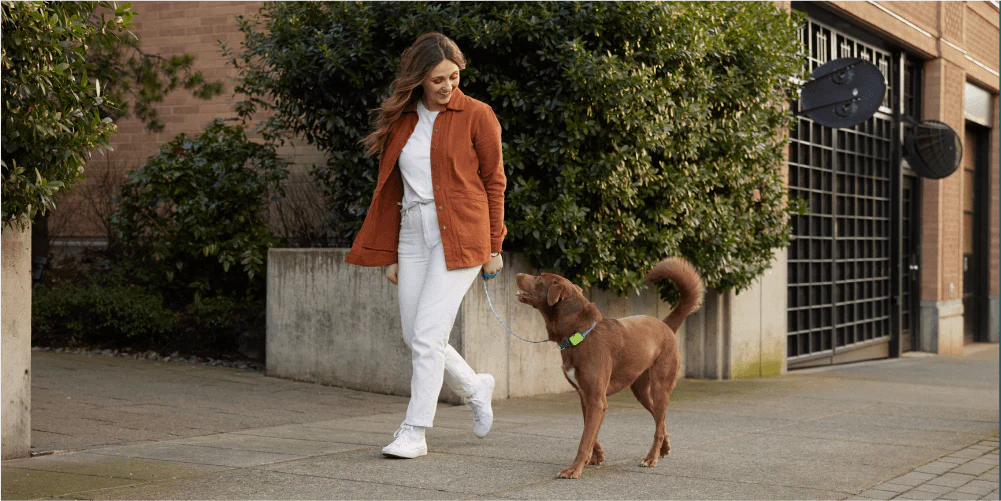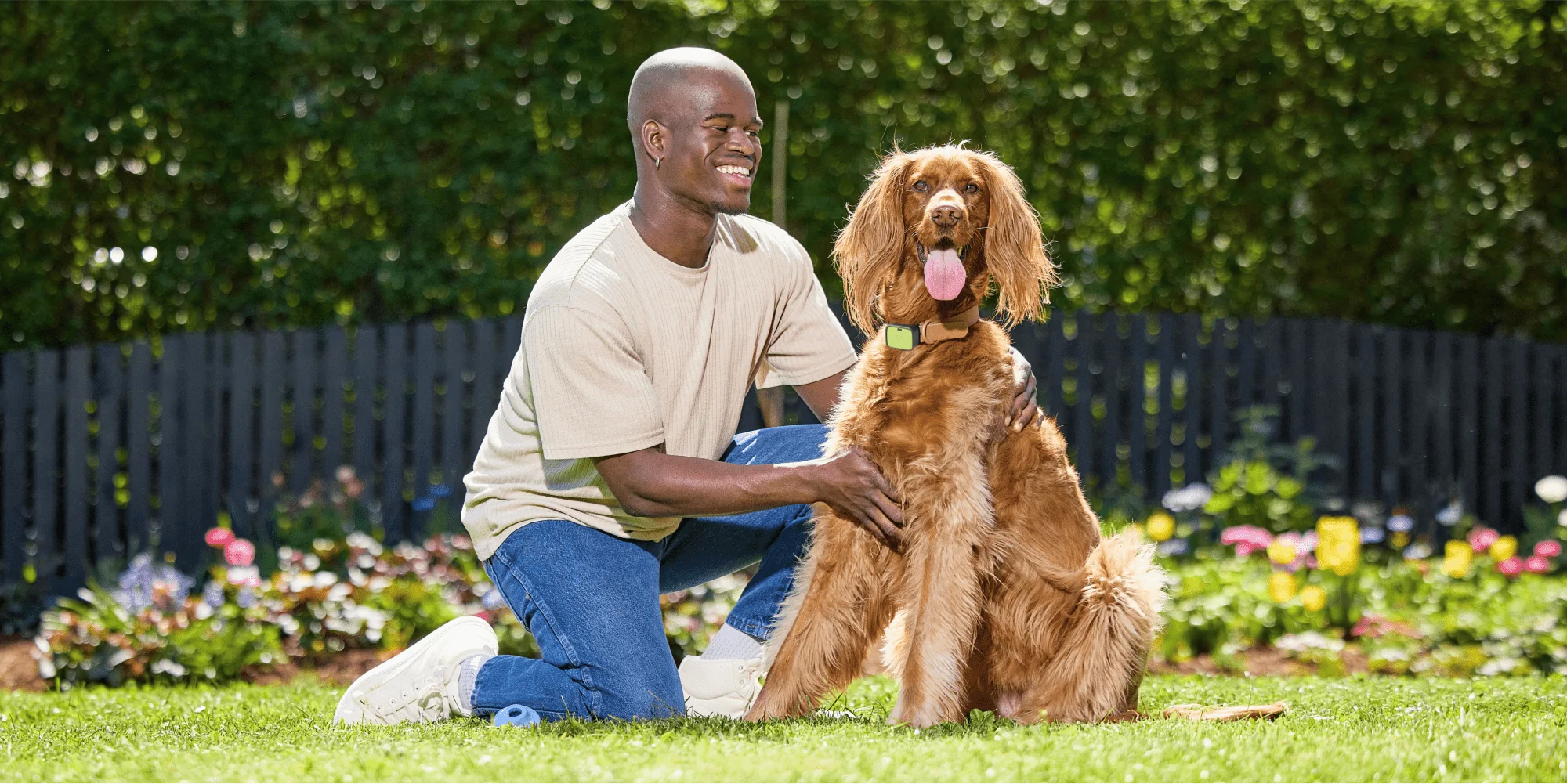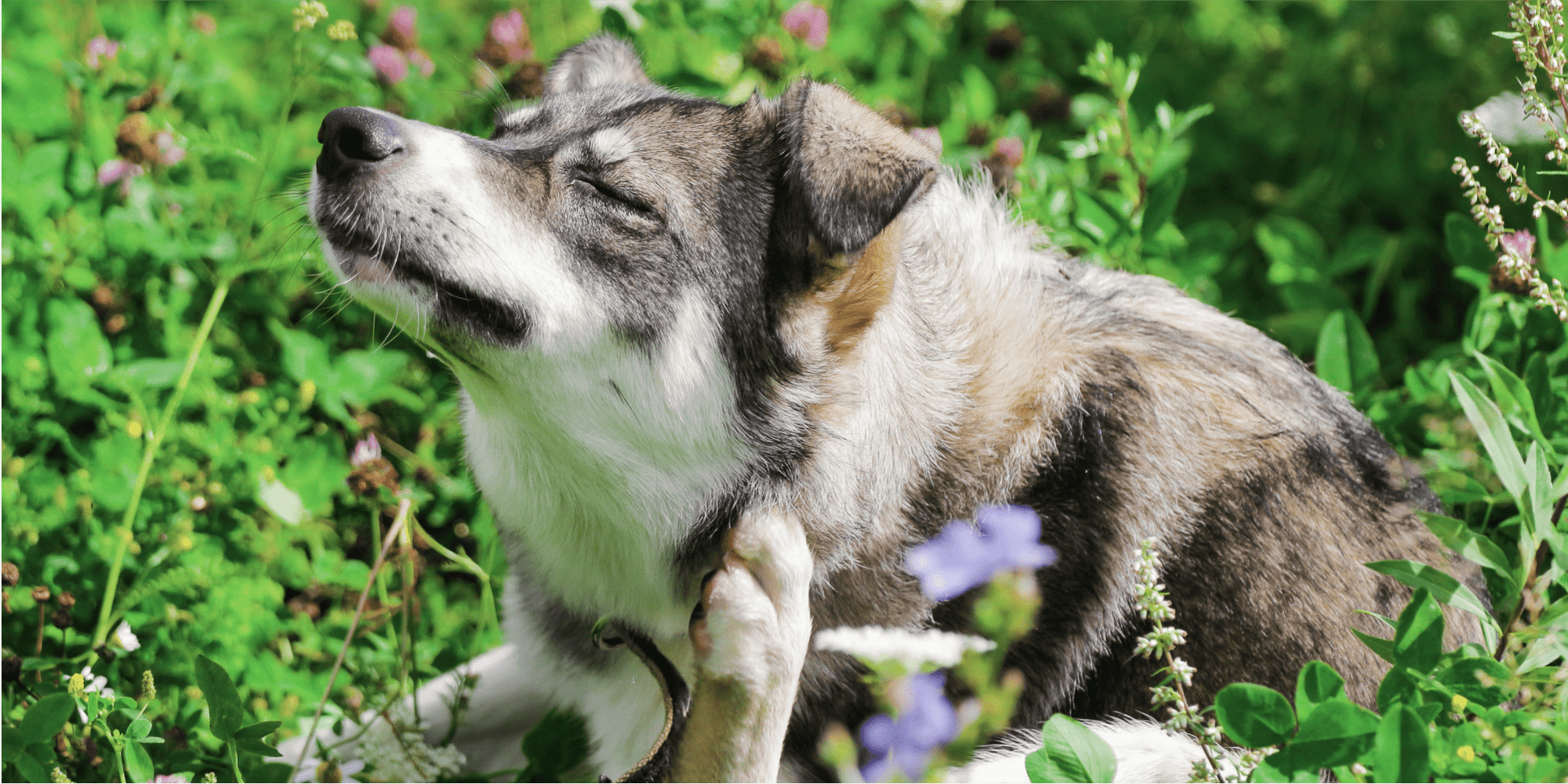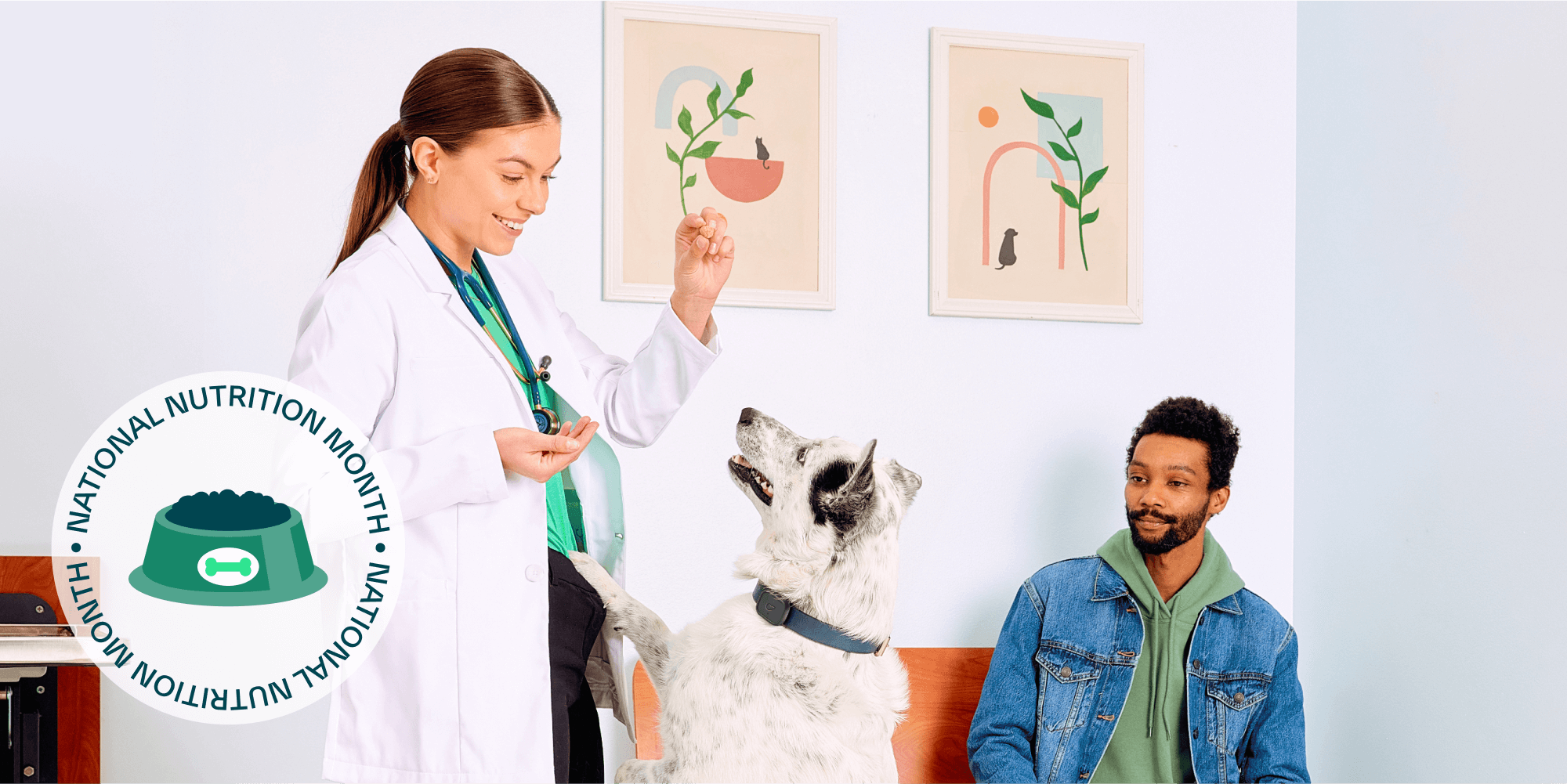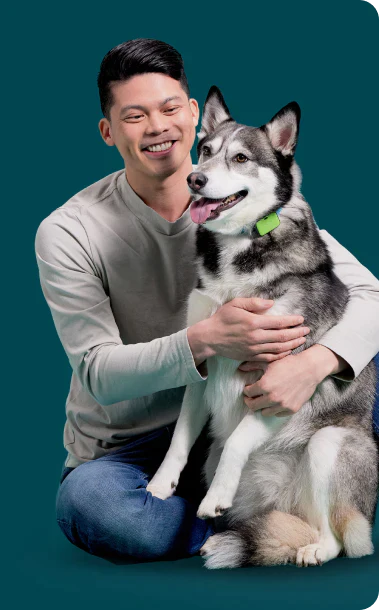How much should you actually feed your dog?

Every once in a while, your pet stares at you with those “I’m hungry” eyes and you wonder how much food you should actually be feeding your dog. Because if it were up to them, your hand would be in the treat bowl all day.
As much as you want to give your dog everything their heart desires, you wouldn’t be doing your pup any favors by overfeeding them. The truth is that 56% of dogs in the U.S. are considered overweight or obese. And, unfortunately, the lifespan of overweight dogs can be up to 2 ½ years shorter than dogs at a healthy weight.
Dr. Sarah Dougherty, DVM, a veterinarian at Banfield Pet Hospital, explains that obesity in dogs can contribute to several diseases, including diabetes, which “can lead to cataracts, liver enlargement, kidney failure, urinary tract infection, seizures, and life-threatening ketoacidosis.”
To help make it easier for you to give your dog a long, happy, healthy life, we’re answering your most pressing questions about feeding your dog.
How much food should I feed my dog?

The short answer: It depends. For instance, it should come as no surprise that a Chihuahua and a Great Dane will have different dietary needs. In addition to your dog’s breed, their age, whether they’re spayed or neutered, daily activity, target body weight, and type of food will all come into play when deciding how much to feed your dog.
Simply looking at the back of your bag of dog food won’t likely give you an answer as unique as your pup. So we decided to make things easier. The Whistle Food Portion Calculator tells you how much food to feed your dog based on those important factors, including how many calories your dog burns each day. That calorie algorithm is based on an in-depth study between the Waltham Petcare Science Institute and the University of Aberdeen, along with our data scientists at Pet Insight Project.
What if I have an active dog?
If your dog has a Whistle tracking device, you can rest assured that their activity is being factored into the recommendation from our Food Portion Calculator. But, in general, the odd weekend hike or long neighborhood walk is unlikely to have a dramatic impact on your pet’s usual nutritional needs. So don’t assume that you should top off the dog bowl just because your pup spent the day at the park.
“As a general rule, the average pet in America does not get enough activity to worry about increasing calorie intake,” Dr. Dougherty says. In fact, most dogs are too sedentary, and so their food should be closely monitored in order to lower the risk of obesity.
If you happen to have an extraordinarily athletic dog, like a racing dog, sled dog, or agility dog, their nutritional needs may change, and you should consult with a veterinarian to get their intake just right.
What if my dog always seems hungry?
As much as your dog might try to argue with us, begging is not usually an indicator that you’re under-feeding your pet. “Most commonly, they are not begging for food but rather their other needs,” Dr. Dougherty explains. Ask yourself if they’ve gotten enough exercise, had time to bond with you, or if they might need to go to the bathroom.
And also maybe ask how you would feel watching a friend eat something that smelled divine in the same room as you. It would probably seem pretty tempting, whether you were hungry or not.
How can I tell if my dog's weight is healthy?
Take a look at your dog. Body condition is the most accurate way to understand if a pet’s weight is healthy, Dr. Dougherty says. “The ribs should not be visibly seen but should be easily felt with minimal pressure as you run your hand along the side of the dog,” she explains. “The individual vertebrae should not be seen but should be easily felt as you run your hand along the topside of the dog.” And if you look at your dog from the top down, they should have an “hourglass” figure, where the waist nips in and expands again at the hips.
If that’s not true for your dog, you may want to talk to your veterinarian. If your pet is overweight, your veterinarian will likely assess their “body condition score,” which is just a way of articulating the description above and how far away they might be from achieving a healthy physique. Your vet will also weigh your dog and may take measurements of their chest and abdomen.
For pets who are actively in the process of losing weight, it’s good to check in with the vet every three or four weeks to make sure they’re on track, Dr. Dougherty says.
Don't go wild with treats.
Don’t worry, we’re not going to tell you that treats are off-limits. You can even give your pet treats every day. “The frequency of treats is not as important as ensuring that they do not make up more than 10% of their diet/daily calorie intake,” Dr. Dougherty says. Basically, think of treats as just that: an occasional treat or reward, and not something you dole out all day long.
In fact, Dr. Dougherty says that most of the time a dog’s eagerness for treats is less about hunger and cravings and more about the desire to get rewarded with food outside of mealtime, or for praise, bonding, or mental exercise.
Wondering what treats are best? While there are tons of great store-bought options, you can also opt for nutrient-dense treats like bananas, apples, baby carrots, and green beans.
Remember, as a Whistle pet parent, if you ever find yourself wondering how much to feed your dog, tap right into the Chat with a Vet feature directly from the Whistle app.
Whistle tip: Looking to find for your dog's tailored nutrition solution? Check out the IAMS Dog Food Selector Quiz and read everything you need to know about feeding your dog.
Colleen Stinchcombe is a freelance writer with two dogs. She writes about pets for Whistle, Rover, and Woman’s Day.








